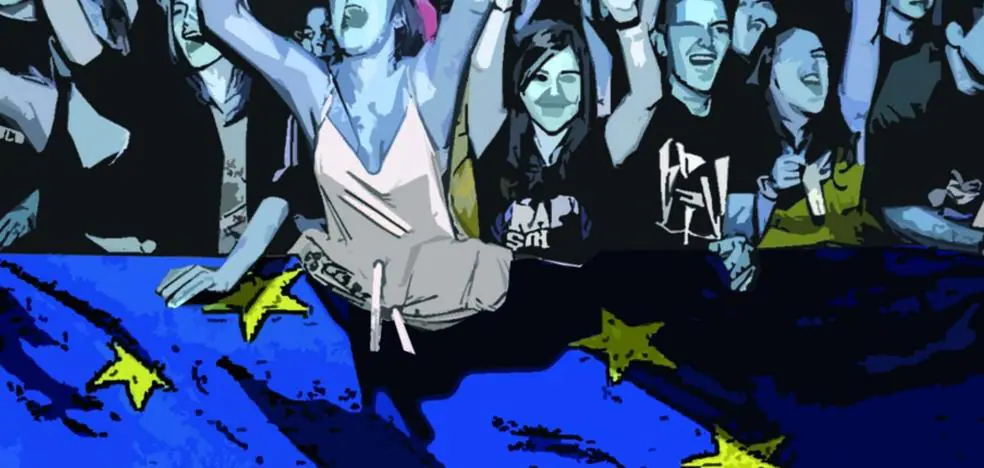If the extent of its states’ desires is not clearly defined, Europe will remain aimless, lacking external action and without facing pending challenges.
The border crisis of thousands of refugees on the border between Poland and Belarus and the lack of management by the European Union (EU) once again highlights the shortcomings of EU foreign policy in the main issue of our coexistence and the protection of Human Rights. EU countries such as Poland and Hungary continue to manifest themselves outside the EU agreement, especially in relation to the protection and development of Human Rights.
This negative example by the EU and its countries emphasizes that the European competency framework must be the subject of reform, especially in terms of foreign policy and the effective implementation of Human Rights. This issue is relevant if we consider that the EU does not have its own Administration, and must use the respective Administrations of the State to ensure compliance with its treaties. This is especially so given the absence of a European approach to central issues such as the Islamic State, the global refugee crisis, immigration, energy demand or policies against climate change. In this latter area, for example, after the Glasgow summit, it is difficult to glimpse a common climate policy in the EU’s position, especially on energy issues.
These examples continue to complicate the situation of the EU and the implementation of a European project that is moving further and further away from citizenship and from guaranteeing our rights. Without neglecting the positive aspects of successive expansion of the community, they have finally realized a political model at a different pace, in which many actors are still unable to find their place and where EU foreign policy is almost non-existent in a globalized world.
Poland and Hungary continue to manifest themselves outside the EU agreement, especially in relation to human rights
Through the EU Treaty there has been a modification of the concept of sovereignty, by ceding some of it to a supra-state body, which is endowed with its own Law, with immediate effectiveness, primacy and judicial protection. Therefore, the political will of various EU countries and nations must be in line with the spirit of European integration that inspired the European movement, as well as to achieve EU foreign policy. However, the EU’s new ‘sovereignty’ is theoretically shared among its countries, but they are reluctant to share sovereignty at an external level, in the face of minimal management of the problems that threaten the core of EU coexistence.
The renewal of the European integration process as a result of the will of various States and nations should generate some political will within the EU, but also abroad. German leadership in the EU must be complemented by external actions that address pending challenges in terms of shared sovereignty between States, nations and citizens. In this case, the EU needs to deal with its foreign actions, with real calls for political integration in defending Human Rights, because the EU assumes that the protection of these rights is protected by a common European agreement. This is an area where there is no room for regression, although we Europeans also have obligations. Among other things, not imposing restrictions on rights and freedoms on people or third parties that we would never accept ourselves. The Hungarian and Polish governments seem unwilling to accept this, while the EU’s response to date has been rather lukewarm.
If we accept that the European collective agreement has facilitated progress in terms of Human Rights, including social rights, then it is necessary for the EU to continue to protect individual and collective rights among its aims, with a social content that ensures the dignity of everyone. This is a central element to avoid friction between Human Rights and the guarantee of mutual security.
One of the first reflections required is to demand that EU institutions make efforts to ensure a real and effective foreign policy on the serious problems we suffer. To do this, it is necessary to clearly define the extent to which the political will of EU States reaches abroad, including the complex role of the UK which is already absent from the EU, but is present in Europe. Otherwise, it seems clear that the EU will continue to run aimlessly, without any political spirit and foreign action, and without facing pending internal challenges such as those proposed by the Hungarian and Polish governments.

“Problem solver. Proud twitter specialist. Travel aficionado. Introvert. Coffee trailblazer. Professional zombie ninja. Extreme gamer.”






